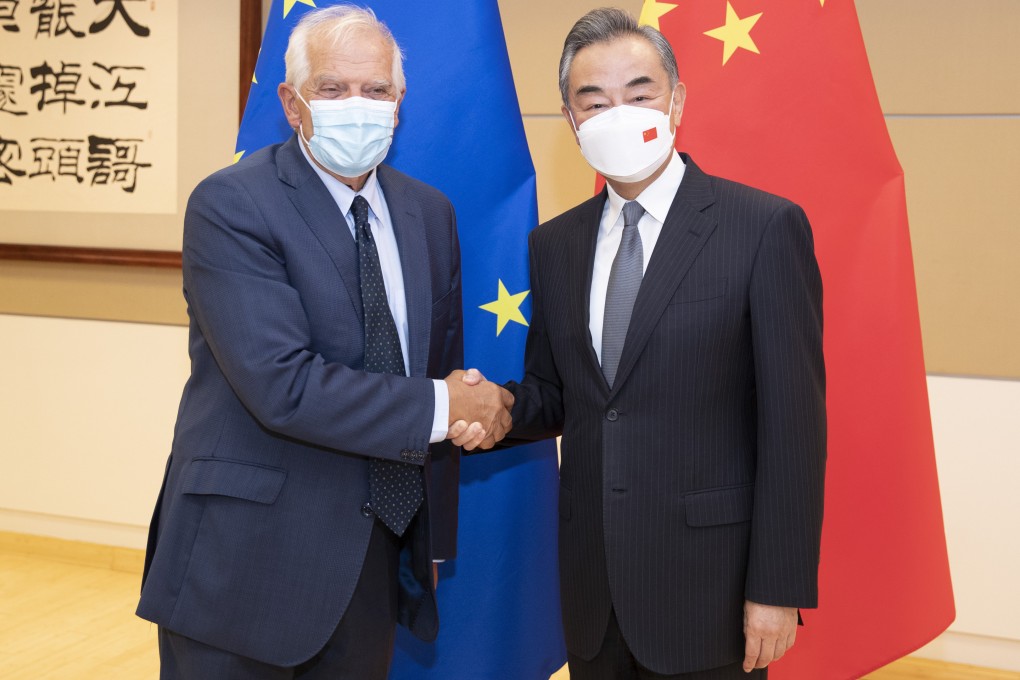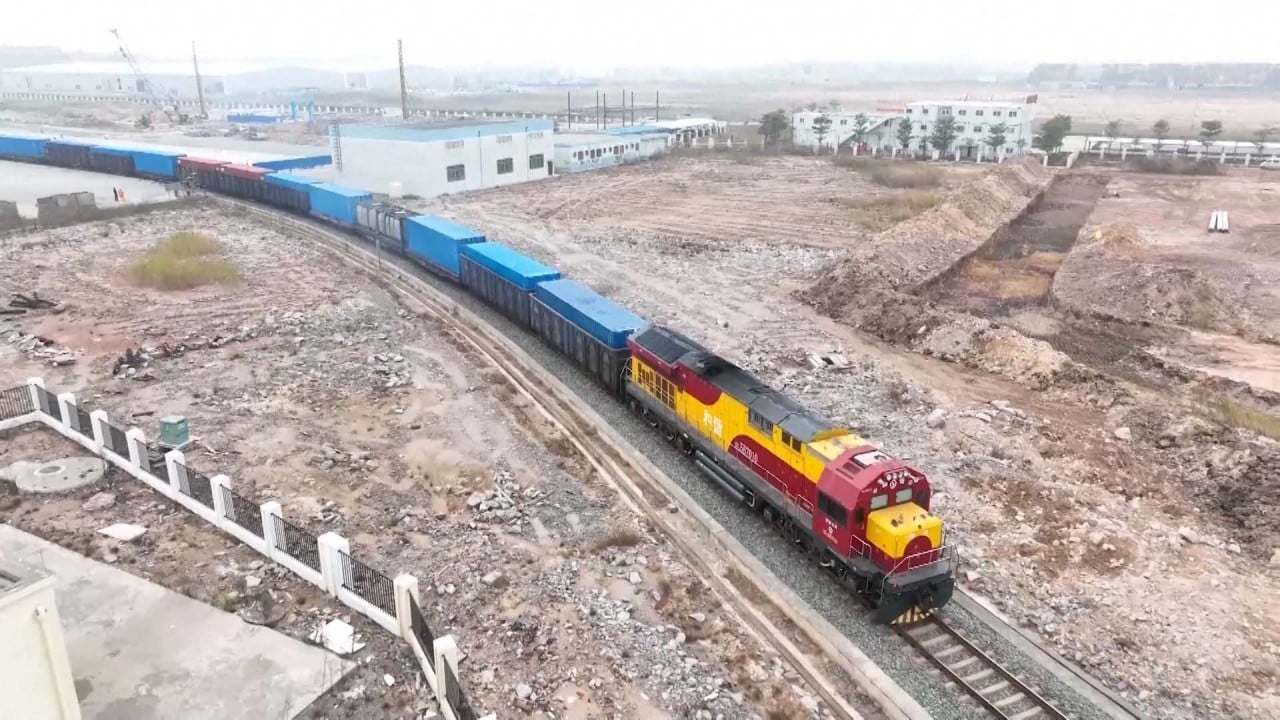Opinion | EU policy focus suggests relations with China could join Russia in deep freeze
- Ensuring energy security and agreeing on measures against Russia are high on the agenda in Brussels, but equally significant is the EU’s stance on China
- China-EU relations have been deteriorating for years and could soon get worse amid talk of Europe ‘increasing realism’ and ‘leaving naivety behind’

Discussions over a big potential gas price measure against Russia is top of the domestic political agenda in Brussels. However, the European Council summit this week might also be remembered for significantly hardening the European Union’s foreign policy position towards China.
This is key, it says, because “China is not going to change” and is “moving to a logic of all-out competition, economically but also politically”. The intervention comes with the claim that “current and foreseeable challenges”, such as human rights abuses in Xinjiang, Beijing’s position on Moscow’s invasion of Ukraine and the imposition of Hong Kong’s national security law, are only likely to “widen the divergence between China’s and our own political choices and positions”.
The initial response from Europe’s foreign policy elite has been favourable, with Dutch Foreign Minister Wopke Hoekstra saying, “There is increasing realism in the dialogue with China. We are leaving naivety behind.” Meanwhile, EU High Representative for Foreign Affairs and Security Policy Josep Borrell said, “A new discussion on China, with a new analysis, is very timely.”


